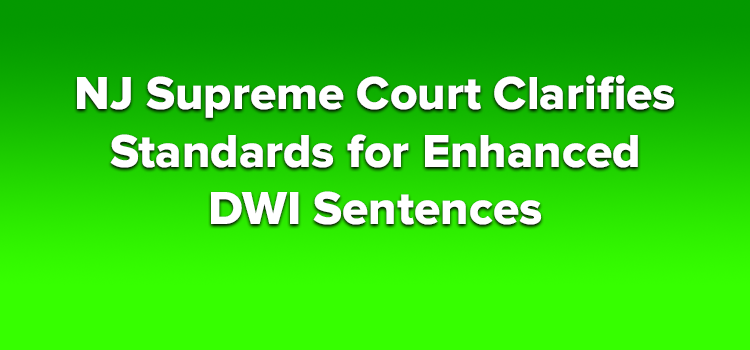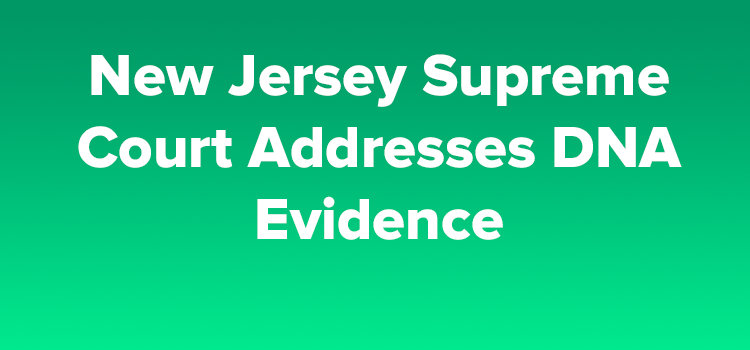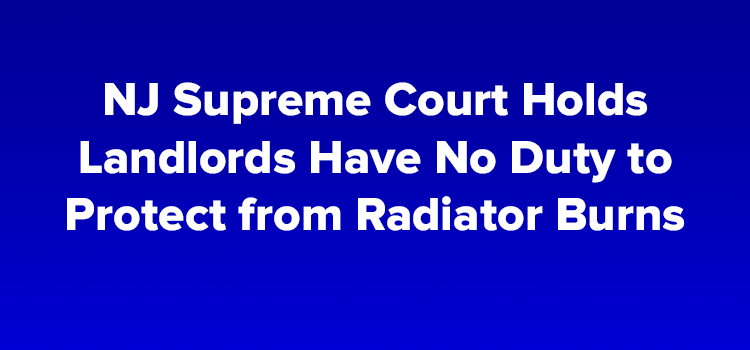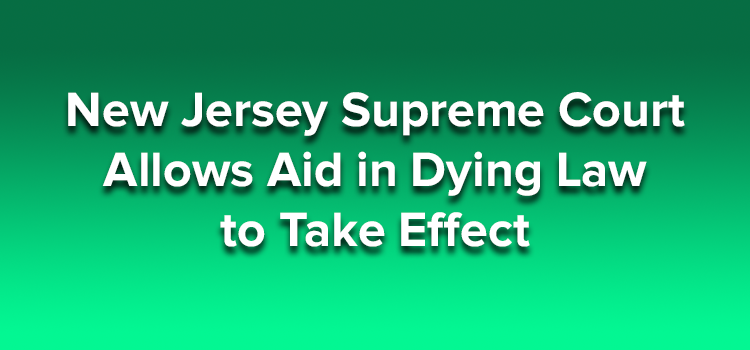New Jersey Supreme Court Establishes New Requirements for Additur or Remittitur
In Orientale v. Jennings, (A-43-17/079953) (Decided September 23, 2019), the Supreme Court of New Jersey revised the requirements for additur or remittitur. Going forward, when a damages award is deemed a miscarriage of justice requiring the grant of a new trial, the acceptance of a damages award fixed by the








